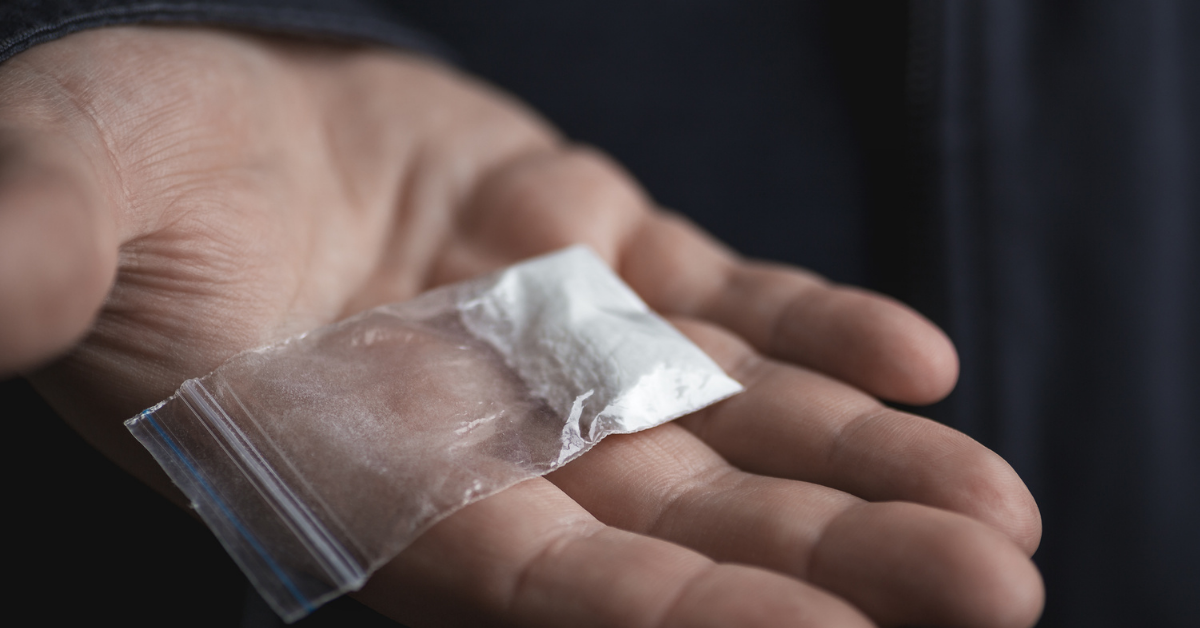Help With Cocaine Addiction
 Whether it is snorted, smoked, or inhaled, cocaine is a powerful stimulant. The drug enters the bloodstream and rapidly penetrates the brain, giving users that burst of pleasure, an intense high they will keep chasing, no matter the cost.
Whether it is snorted, smoked, or inhaled, cocaine is a powerful stimulant. The drug enters the bloodstream and rapidly penetrates the brain, giving users that burst of pleasure, an intense high they will keep chasing, no matter the cost.
Why Is Cocaine So Addictive?
Normally, when dopamine is released, it will attach to a protein receptor and alter the cell’s electrical impulses, activating the brain cell to perform a function. The amount of dopamine released depends on the current demands in the brain while other dopamine molecules reenter the cell they came from in order to regulate how many are available and maintain a balance.1
Cocaine prevents dopamine from returning to its cell, which increases dopamine levels, causing build-up, overactive cells, and disruption of communication between cells. The excess of dopamine affects the brain’s reward system, causing that pleasurable high that users are after. Unfortunately, however, the brain eventually adapts to the increased levels of dopamine from cocaine. In order to achieve the high again, a stronger dose or more frequent doses of cocaine are required.2 People increase their cocaine intake not only in an attempt to feel the same high but also to relieve withdrawal symptoms, which can vary greatly depending on their addiction. Due to the direct impact on the neurological system, it’s crucial to seek help with cocaine addiction.
What Are the Short-Term Effects of Cocaine?
The high achieved by cocaine is quick, but intense, and while users may feel extremely happy, it can subsequently make users experience sudden depression and a craving for more cocaine. A few of the short-term effects of cocaine include:3
- Intense euphoria
- Increased heart rate and blood pressure
- Dilated pupils
- Irregular sleep patterns
- Loss of appetite
- Nausea
- Hallucinations
- Anxiety
- Depression
What Are the Long-Term Effects of Cocaine?
Prolonged cocaine use leads to the brain’s tolerance of the drug, so the same amount of cocaine will not produce the same high. As a result, users continue to chase that high by consuming more and more cocaine, causing severe mental and physical health problems including an increased risk of heart attack, respiratory failure, stroke and seizure as well as damage to the liver, kidney, and lungs. Some other long-term effects of cocaine include:3
- High blood pressure
- Permanent damage to blood vessels
- Malnutrition
- Severe tooth decay
- Mood disturbances
- Severe depression
- Hallucinations
- Parkinson’s disease and other mood disorders2
Counseling for Cocaine Addiction
The time is now to seek help if you believe you or a loved one has become addicted to cocaine. We offer programs and therapies for cocaine addiction at our Southwest Florida counseling center. Help with cocaine addiction begins today when you take the first step and call our Naples counseling center or Golden Gate counseling center.
Cocaine Intensive Therapy Program
Through our intensive program, patients will be able to overcome their cocaine addiction. These allows members to develop the necessary skills to combat their cocaine addiction in a supportive setting while maintaining some level of their normal daily lives.
Program for Cocaine
Our counseling program allows patients to continue as much as possible with their normal routine. Improve your quality of life through specialized therapy programs led by our addiction counselors with the same level of care as our therapy program, but with the flexibility of your own schedule.
At Counseling of Southwest Florida, we promise to provide you and your loved ones with the proper help with cocaine addiction for a healthier life. Our team is here to offer the appropriate support and care necessary for recovery and lifelong sobriety. If you are seeking a cocaine counseling center, contact us today to speak to our specialists and take the first step to saving your life or the life of your loved one.
Sources
- NCBI – The Neurobiology of Cocaine Addiction
- National Institute on Drug Abuse – Cocaine
- Drug-Free World – Effects of Cocaine
